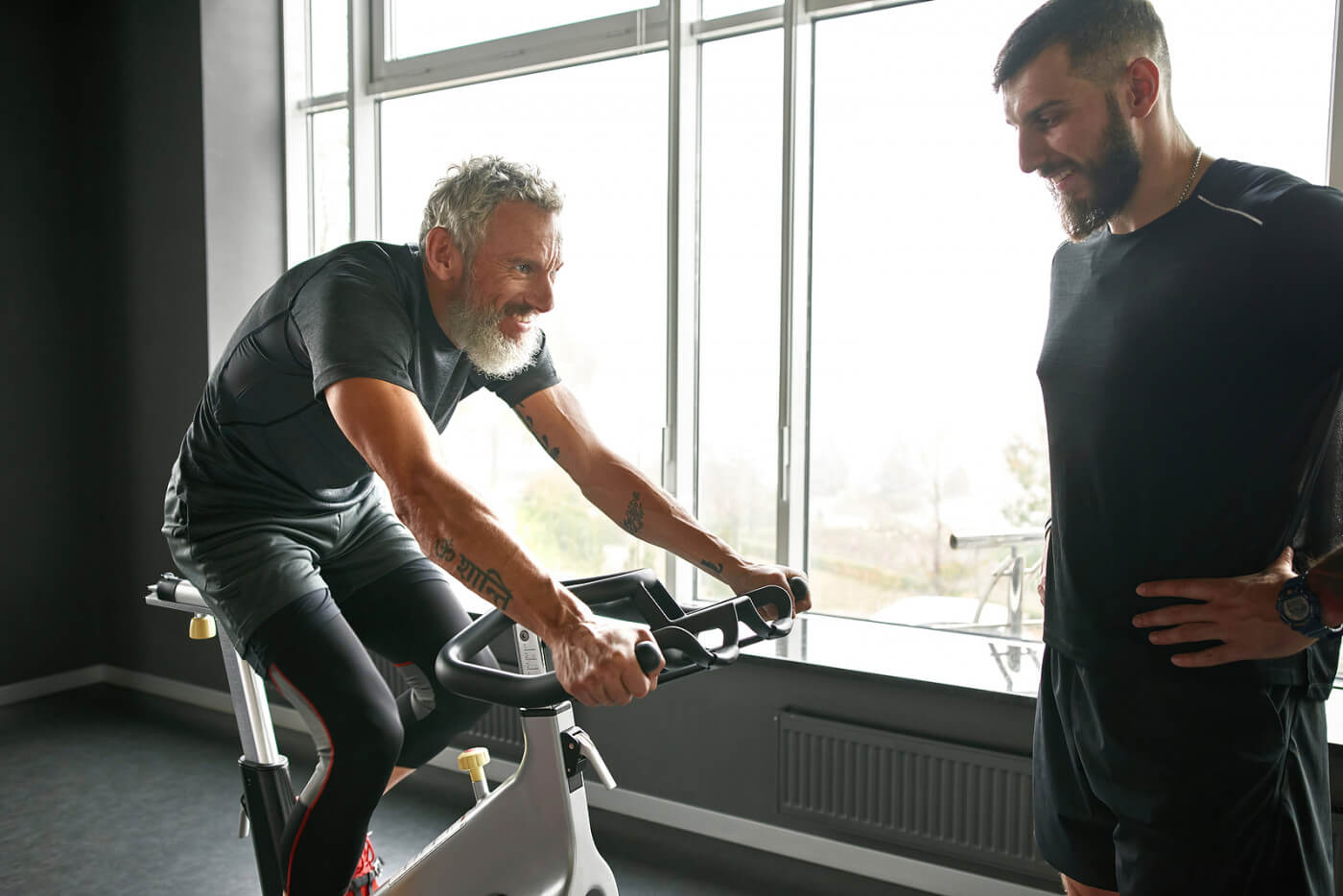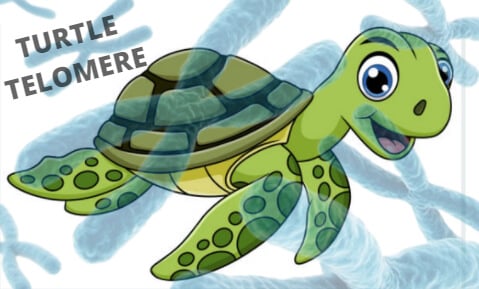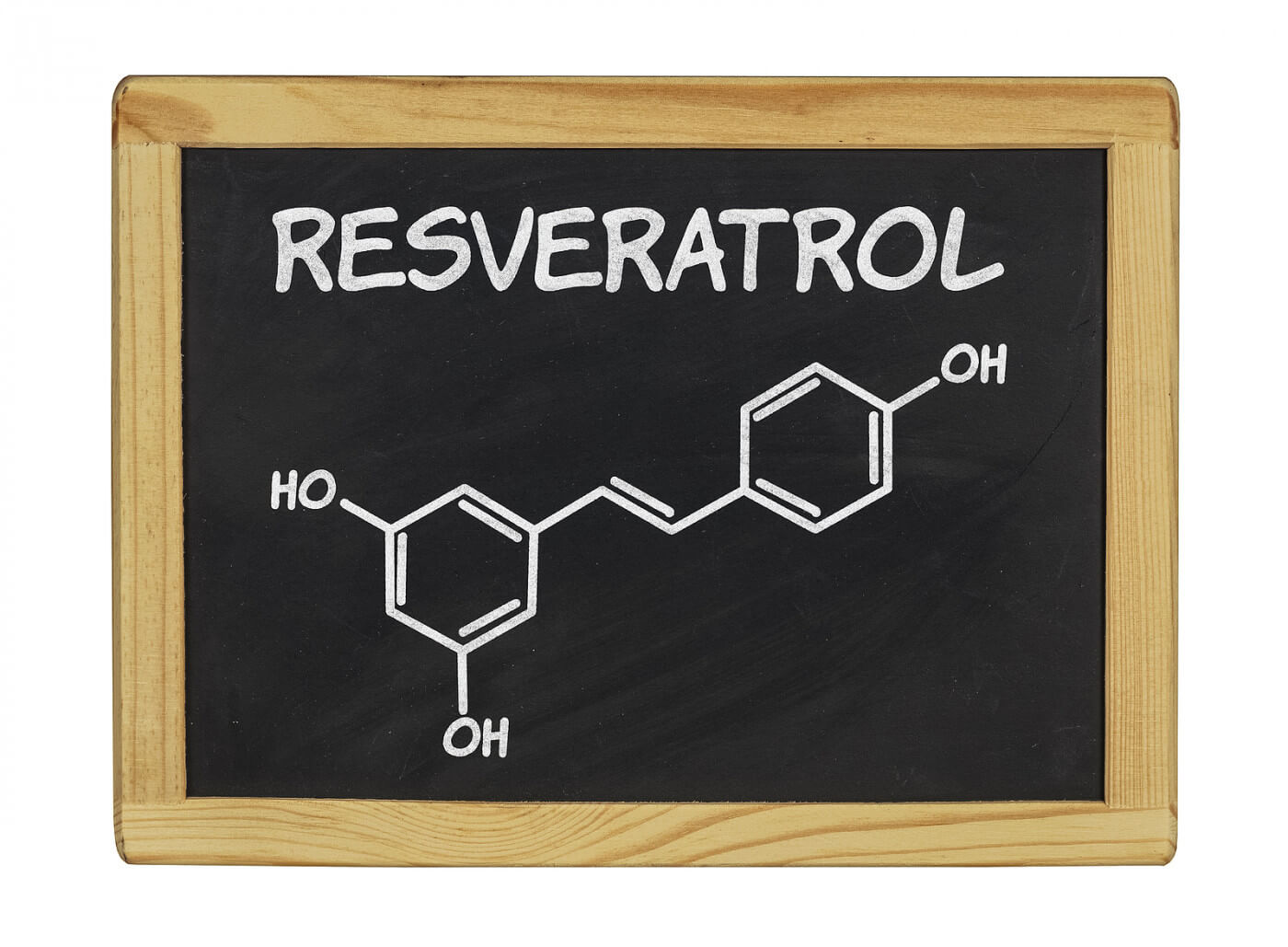Longer Telomeres Associated With Endurance Exercise
The health benefits of rigorous exercise have been very well documented. However, extreme exercise has remained controversial. Just as we have often heard, “too much of anything is bad for you,”; extreme endurance exercise has also been shown to be harmful to us. For example, moderate exercise such as jogging is good for the cardiovascular system, yet ultra-marathon running has not shown much of an improvement to regular vigorous exercise and, in some cases, actually causes harm to the arteries and the heart. Yet ultra-marathon runners remain an elite fitness model by some health parameters. For instance, ultra-marathon runners have very low levels of LDL Cholesterol (typically referred to as the bad Cholesterol), high levels of HDL Cholesterol (the good Cholesterol), lower levels of body mass index (BMI), and lower levels of inflammatory responses (useful if you are going to be pounding your body for an excessively sustained exercise). [1]
Longer Telomeres Associated With Endurance Exercise In European Study
A group of researchers from Europe became interested in extreme endurance exercises and wondered about the following fact, ultra-endurance aerobic exercise is associated with increased (oxidative) stress, but it is well known that this type of stress is also associated with telomere shortening and could this then create a link between ultra-exercise and telomere shortening? Surprisingly that was not the case. The ultra-marathoners had 11% longer telomeres than the control group. Therefore, even though these athletes have high oxidative stress there must be another mechanism(s) that is overcoming this stress and must be activated by exercise. [2]
Research on exercise and telomere length has been done prior to this study, and although, at times, results have varied among investigators, the variations may be simply that some experimental designs are done better than others. For example, a good experimental design involving twins took advantage of the fact that twins have nearly identical telomere lengths, yet an experiment where one twin was exercising and the other was sedentary resulted in longer telomeres for the twin who exercised, clearly showing that exercise can help maintain your telomere length. But these experiments beg the question, how is the telomere length maintained when we exercise? In an interesting paper investigating exercise and telomerase activity, the researchers reported higher levels of telomerase levels in the blood of middle-aged athletes when compared to their age-match sedentary counterparts. A similar observation was made when comparing ultra-marathoners with their corresponding control group: the ultra-marathoners had higher telomerase activity in the blood. Taken together, exercise has many health benefits, and delaying the aging of our cells by preventing telomere shortening may be another. [3]
Yes, folks… It's time to hit the gym.
References:
- https://journals.plos.org/plosone/article?id=10.1371/journal.pone.0052769
- https://link.springer.com/article/10.1007/s00421-010-1353-6
- https://academic.oup.com/aje/article/167/7/799/84000








